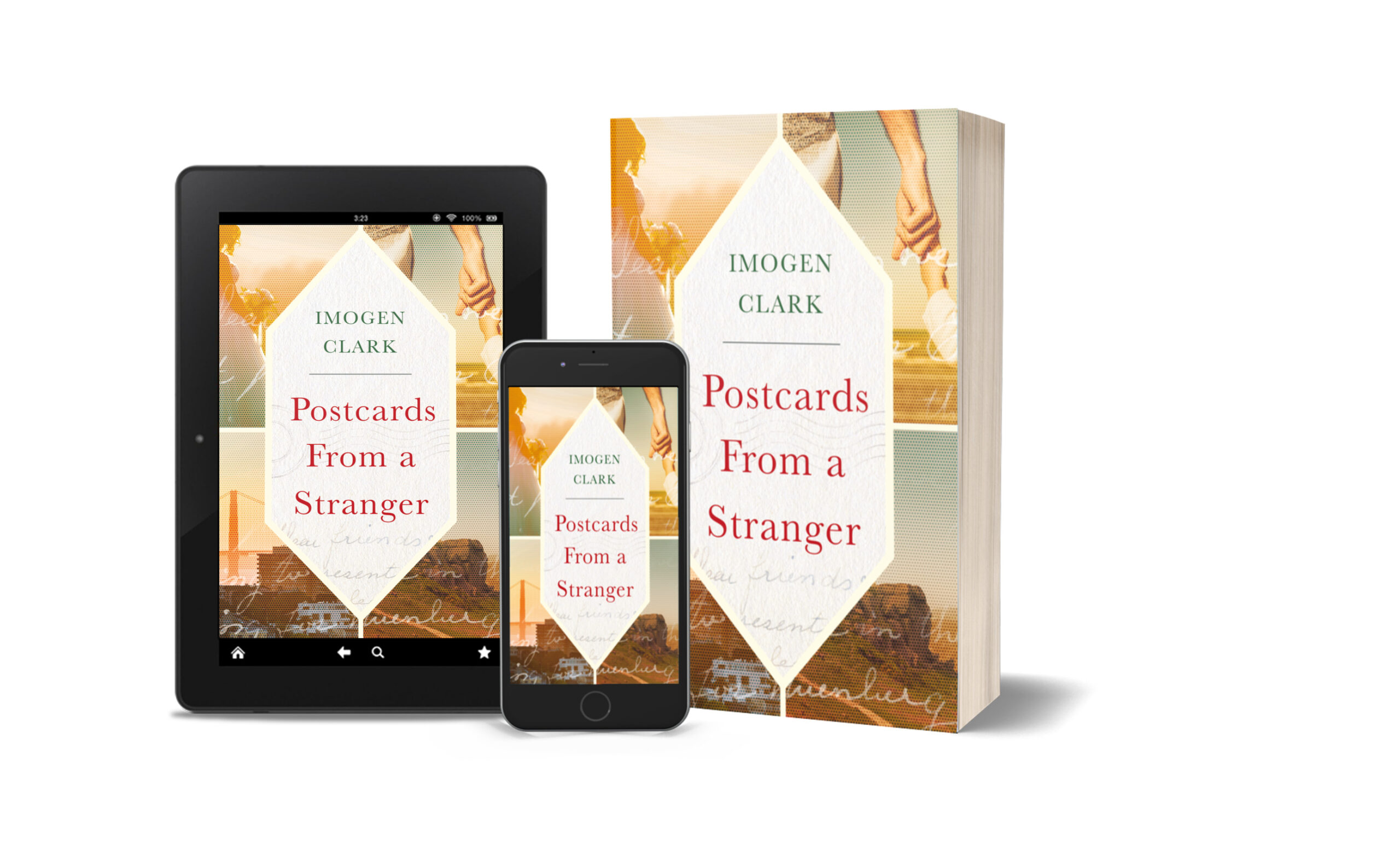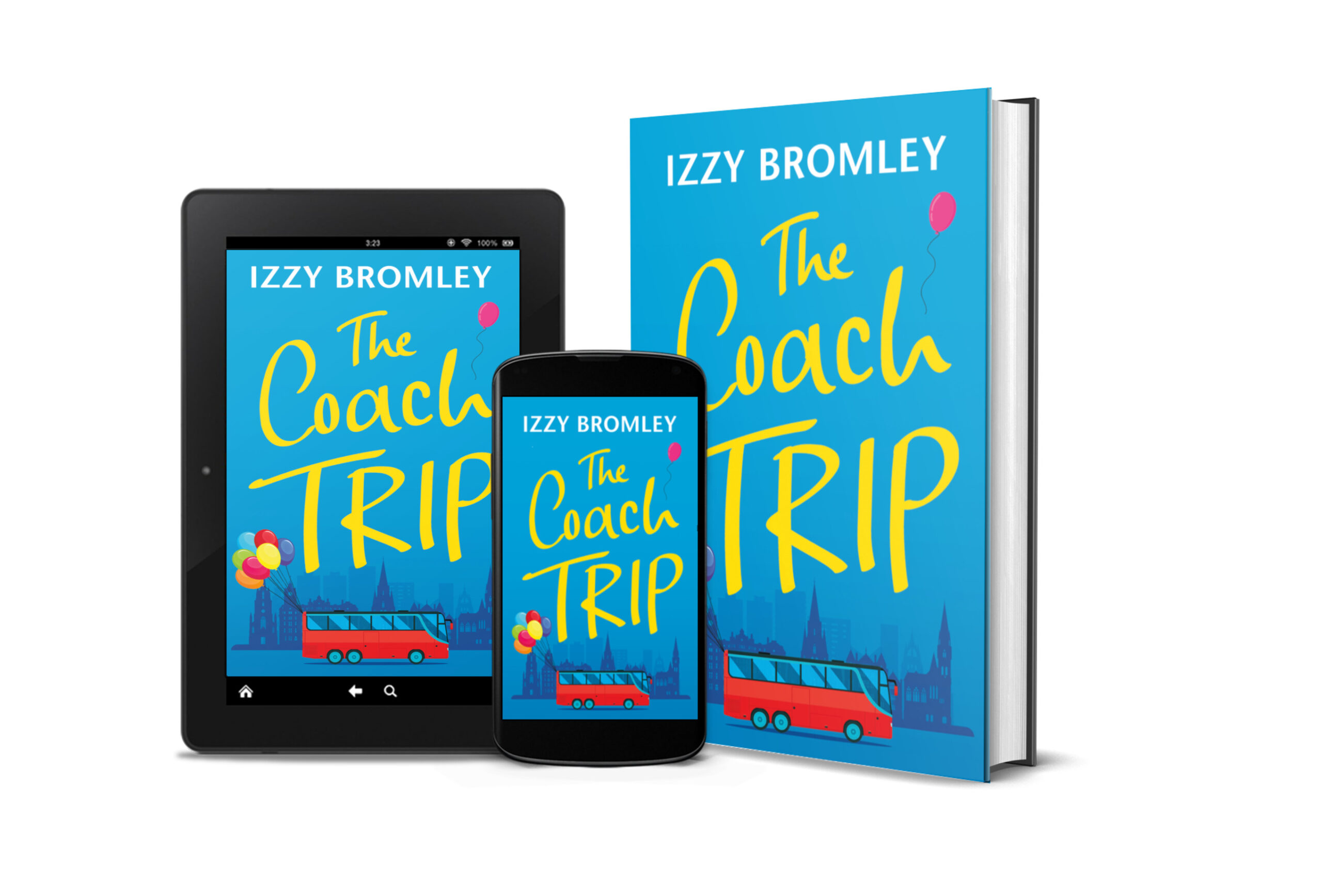
Setting goals – it’s all the rage, isn’t it, particularly at this time of year? I do it too and no doubt will blog about it as we drift closer to the turn of the decade. But what is just as important as setting the goals is deciding what it is that you’re trying to achieve, what it is you’re aiming for. What would success actually look like for you?
You’ll know, I’m sure, that simply plucking a goal from the air and harbouring a desire to reach it just doesn’t cut the mustard any more. A target needs to fulfil a whole range of criteria if it’s going to call itself proper and don’t forget that we have that awful but convenient acronym to help (Specific, Measurable, Achievable, Realistic and Timely) so we don’t go around setting ourselves up to fail with crappy ambitions. Apparently, we have to apply these tests to our goals for if not, how will we know when we have reached them?
and i suppose they have a point . . .
Take my line of work as an example. You might think that back when I started out I set myself the goal of being a successful author. Sounds obvious, doesn’t it? But put ten writers in a room and they will each give you a different idea of what it means to have arrived. For some, this might be winning prizes, receiving validation from the publishing world in the form of a recognised award.

For others, success might be measured in the size of an advance, the number of book sales, seeing posters of their titles on the side of a bus, being on the shelves in a supermarket or even becoming a household name.
Other writers have far more modest goals in mind, perhaps happy with a smaller ambition or possibly not daring to dream big for fear of appearing foolish or deluded.
And of course, things change. What might have seemed impossible initially may float within reach given time . . . or indeed goals can be reduced as the sharp teeth of reality bite unto the soft underbelly of aspiration.
So, when i first set a goal . . .
for my own writing, I thought long and hard about what success would look like for me. I considered all the usual kinds of marker and a few more besides. But when it came down to it ONE THING felt more important than anything else. This was what I was aiming for, would mark out when I had achieved success within my own terms and is still just as relevant today as it was all those years ago.
AND WHAT IS THAT ONE THING?!
Well, we’ll get to that in a moment. But first – an anecdote. Yesterday I attended my child’s parents’ evening at school. We had finished talking about her progress with one particular teacher and I was just standing up to move onto the next appointment when the teacher put out her hand to stop me. ‘Can I just say,’ she said, her gaze dropping to the desk for the first time since I’d sat down, ‘I’ve read all your books. I thought they were great.’
Her comments took me by surprise and I felt almost as awkward accepting the praise as the teacher seemed to feel giving it. I blushed furiously, muttering my thanks and giving her what I hoped was a heart-felt smile before slipping away to a place where I could go back to being just another student’s mum.

LIKE MOST PEOPLE . . .
I’m not that good with compliments, even though I try to accept them graciously, but later I thought about the encounter and was thrilled by it (even though I’m not sure that was the impression that I might have left the teacher with!)
Of course it’s lovely for someone to praise something that you worked hard on and it gives you a warm tingle in your heart. But for me this was more than that. Comments like hers go straight to the core of my definition of success.
And so . . . drumroll please . . . here is what I wrote as my definition of success all those years ago.
Success = having someone I don’t know and who knows what they’re talking about like my book.
That was, and still is, my definition of success as an author. That was what I set out to achieve and it continues to be just as relevant to me today, four published books and 400,000 sales later. And it doesn’t matter to me whether the person knows what they are talking about because they are a reader or a Booker Prize judge – both opinions are equally valid.
And when it happens then I’m happy because I know I have hit my target!








